Mars’ gravity causes Earth’s deep-sea currents to intensify every 2.4 million years.
Key takeaways:
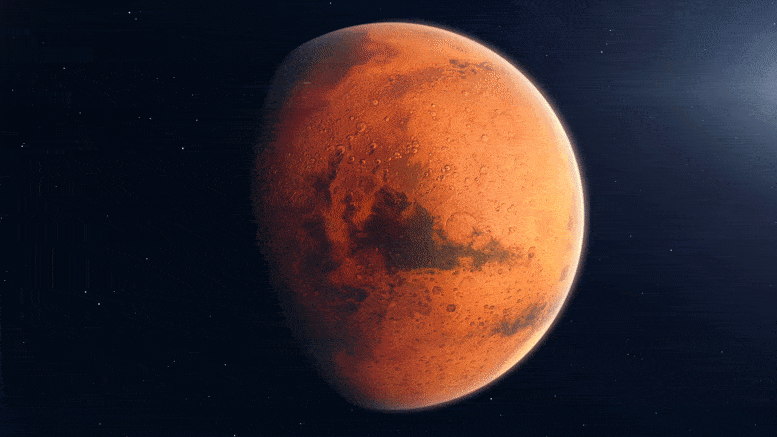 New research suggests that Mars’ gravitational pull on Earth may play a role in influencing our planet’s climate. Geological evidence, spanning over 65 million years, points to a repeating cycle in which deep-sea currents fluctuate between being stronger or weaker. This cycle, which occurs every 2.4 million years, is now believed to be driven by gravitational interactions between Mars and Earth, according to a study published in Nature Communications.
New research suggests that Mars’ gravitational pull on Earth may play a role in influencing our planet’s climate. Geological evidence, spanning over 65 million years, points to a repeating cycle in which deep-sea currents fluctuate between being stronger or weaker. This cycle, which occurs every 2.4 million years, is now believed to be driven by gravitational interactions between Mars and Earth, according to a study published in Nature Communications.
Astronomical Grand Cycle and Ocean Currents
The research highlights a phenomenon called the “astronomical grand cycle.” This cycle coincides with periods when deep-sea currents, or “giant whirlpools,” become stronger and more powerful, reaching even the deepest parts of the ocean, known as the abyss. These intense currents erode sediments that build up during calmer phases of the cycle.
The study reveals that these deep-sea changes happen alongside known gravitational interactions between Earth and Mars. As both planets orbit the sun, their gravitational fields interfere with each other. This interaction, called “resonance,” affects the eccentricity of their orbits, meaning Earth’s orbit becomes more or less circular. When Mars’ gravity pulls Earth closer to the sun, more solar radiation reaches our planet, leading to warmer climates.
Geological Evidence and Ocean Sediments
The research team, led by Adriana Dutkiewicz and Dietmar Müller from the University of Sydney, used satellite data to map ocean floor sediments over millions of years. They found gaps in the sediment records during these grand cycles, suggesting that stronger ocean currents might have swept sediment away during warmer periods caused by Mars’ gravitational influence.
The findings add weight to the theory that external forces, such as passing stars or nearby planets, can affect Earth’s climate. However, the authors of the study stress that these natural astronomical cycles are unrelated to modern-day global warming, which is driven by human activities like greenhouse gas emissions.
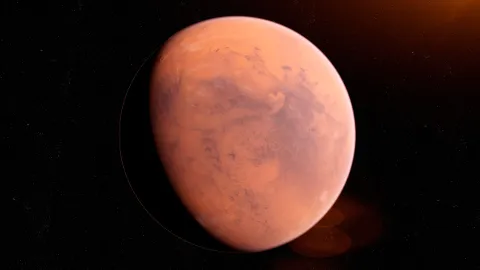
Within cycles of millions of years, Mars pulls the Earth closer to the sun which could affect the warming of our planet via changes in ocean circulation, a new study predicts. (Image credit: SCIEPRO/SCIENCE PHOTO LIBRARY via Getty Images)
Implications for Ocean Circulation and Climate
These results suggest that Mars’ gravitational influence could help sustain some of Earth’s deep-sea currents. The study highlights a particular ocean current called the Atlantic Meridional Overturning Circulation (AMOC), which transports warm water from the tropics to the Northern Hemisphere. The AMOC has been predicted to slow down or even collapse due to climate change, but the researchers propose that the deep-sea eddies driven by Mars’ gravity could help maintain ocean circulation.
Müller notes that there are multiple mechanisms that drive deep-ocean circulation, and Mars’ influence could play a small but important role. The findings suggest that warmer oceans, which occur during these astronomical cycles, may lead to more vigorous deep circulation, potentially preventing the oceans from becoming stagnant.
In conclusion, this study opens up new perspectives on how external celestial forces, such as Mars’ gravity, could influence Earth’s climate and ocean systems over long timescales.
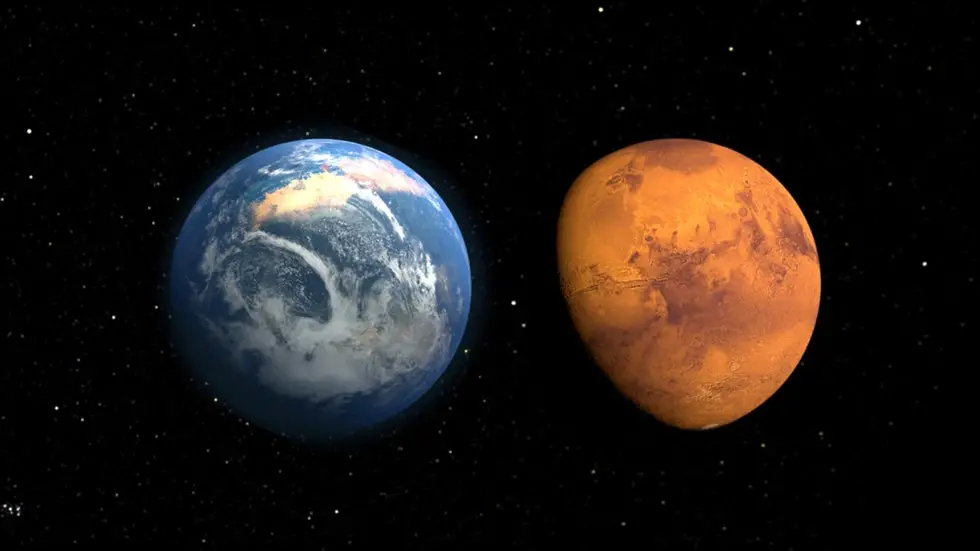
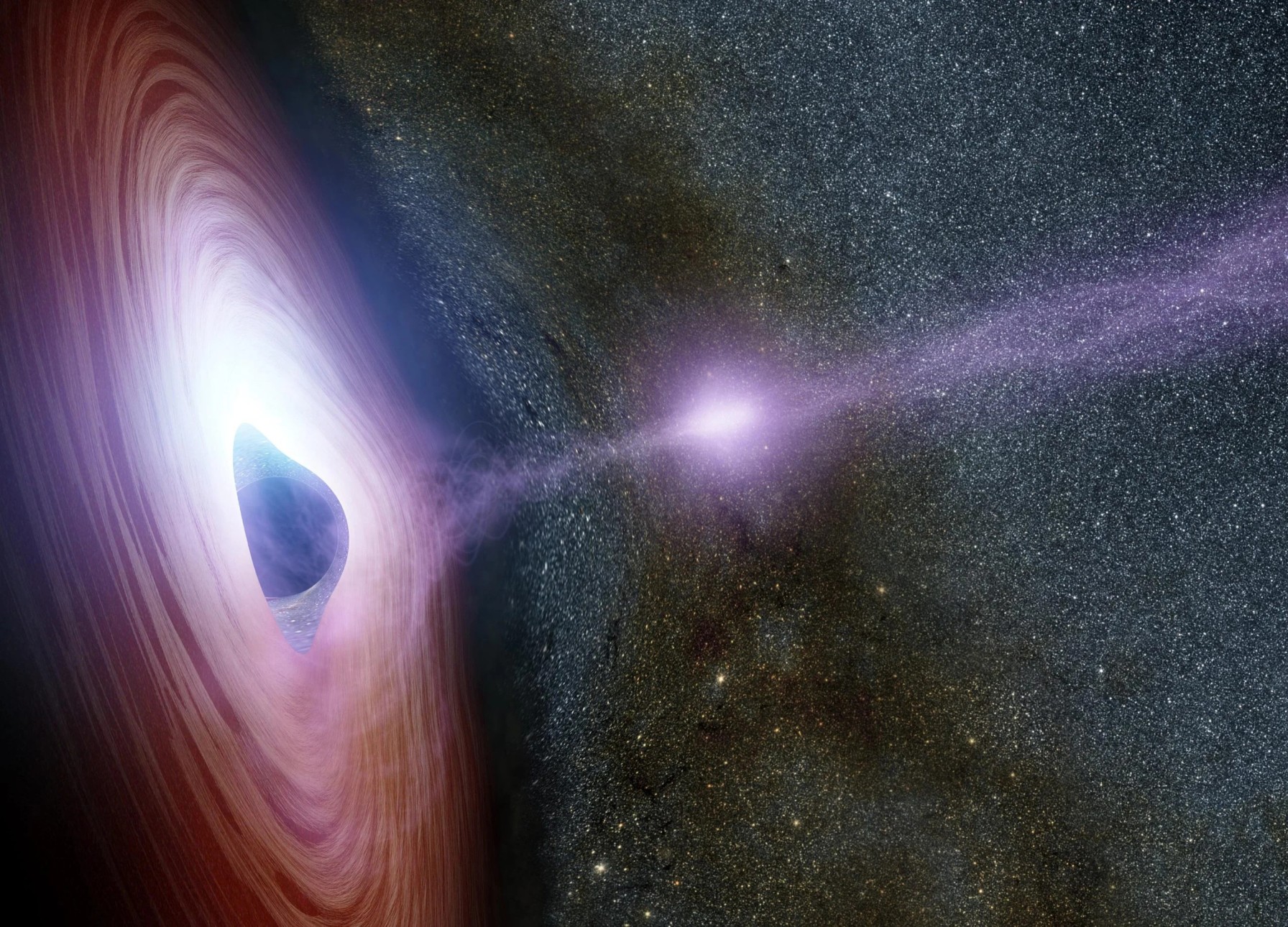
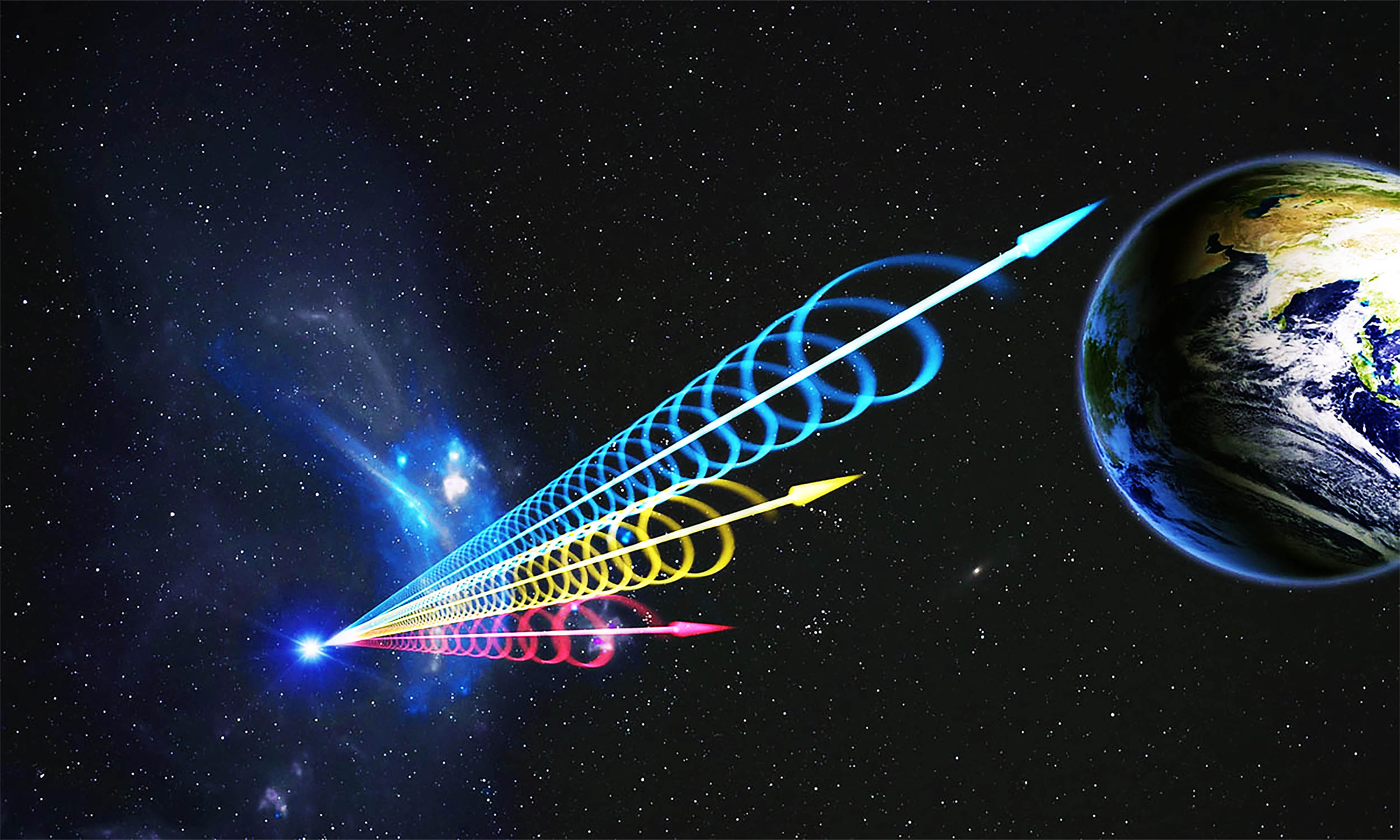
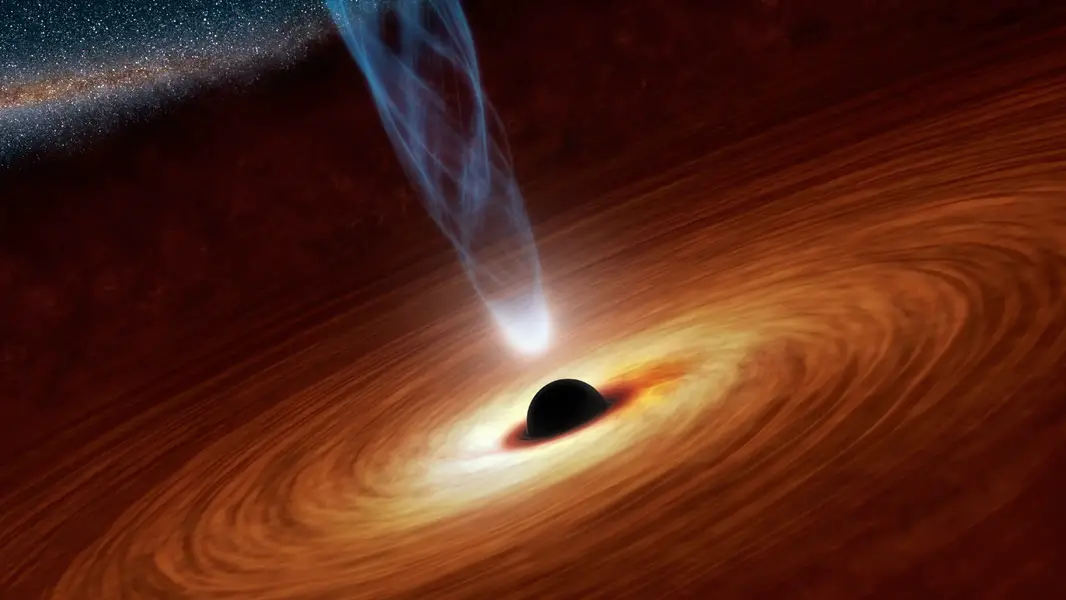
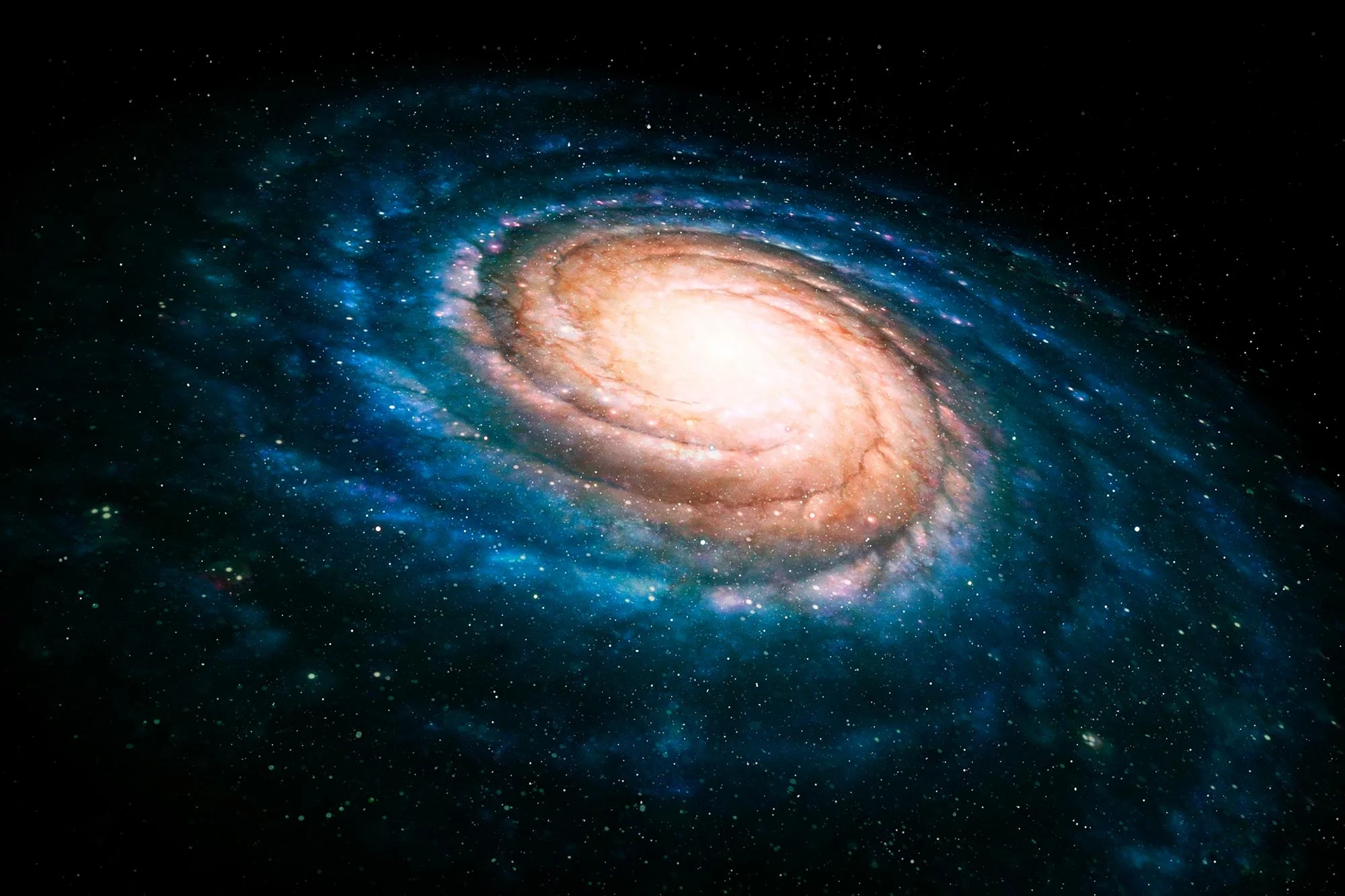
So, where are we NOW in relation to this 2.4 million year cycle?